The tennis world’s “truth mirror”: How words and actions define the gap between stars and “journeymen” players
The Shanghai Masters is progressing intensely, and the oppressive heat and humidity have become a tough test for the players. Following his first-round defeat, American Opelka strongly condemned the playing conditions, stating, “This kind of situation may occur at a future stars event, but it has no place in a Masters 1000.” Similarly, French player Lindeknech bluntly criticized, “The pollution in major Chinese cities is severe, making it hot and hard to breathe on the court,” which sparked outrage among Chinese fans.
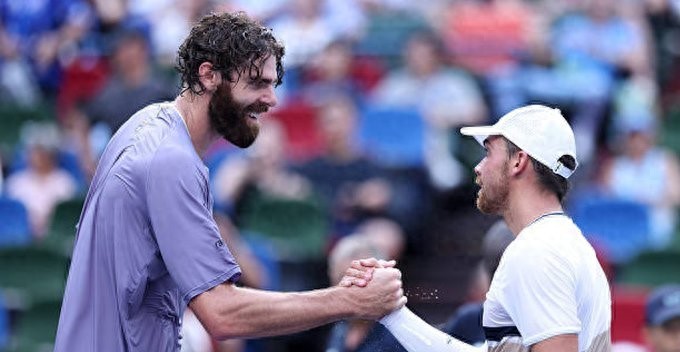
In October, Shanghai’s temperature remains around a high of 34°C, combined with the humid conditions, creating a grueling test both physically and mentally for the players. Such extreme weather acts like an invisible “truth mirror,” revealing the true nature of professional tennis. Some players face the challenge with professionalism, while others channel their dissatisfaction into complaints about the event and the host city. American “Big Cannon” Opelka openly disputed with the chief umpire over court conditions, saying, “Don’t pretend my points are baseless. They must take action.” He even bluntly compared the Shanghai Masters to lower-tier events by saying, “This only happens at ITF Futures tournaments.”
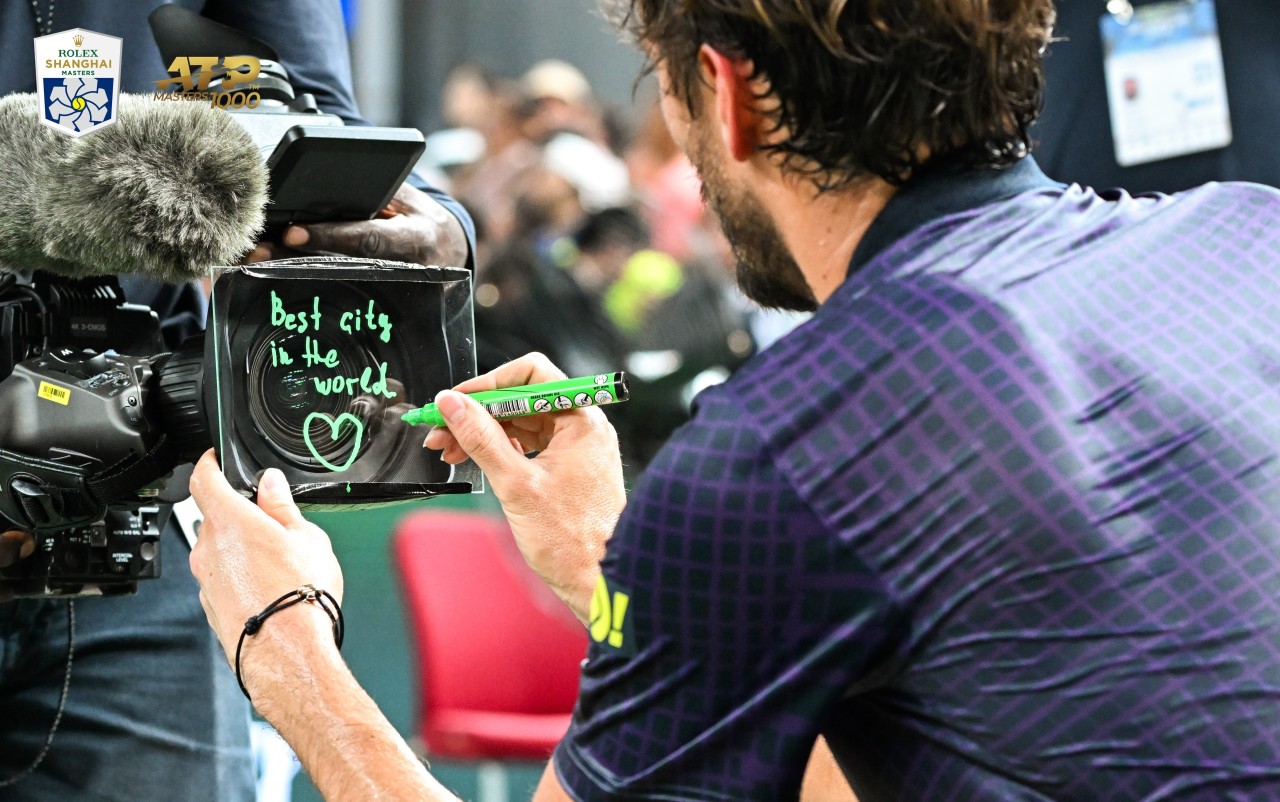
In stark contrast to these complaints, top players demonstrate a completely different approach. Djokovic, the focal point of the event, appeared especially warm during his return to Shanghai. Wearing a red shirt, he smiled as he spoke about his deep connection with China spanning seventeen years. “In China, I feel at home,” he sincerely shared. “Since that year, whether in Beijing or Shanghai, the support I’ve received here has been incredible.” Although Medvedev admitted before the tournament, “I have no expectations for myself,” the 2019 Shanghai Masters champion still approached the competition professionally. Despite not being in peak form, he remained composed: “I’m still far from where I want to be… not in tennis skills, but in confidence…”
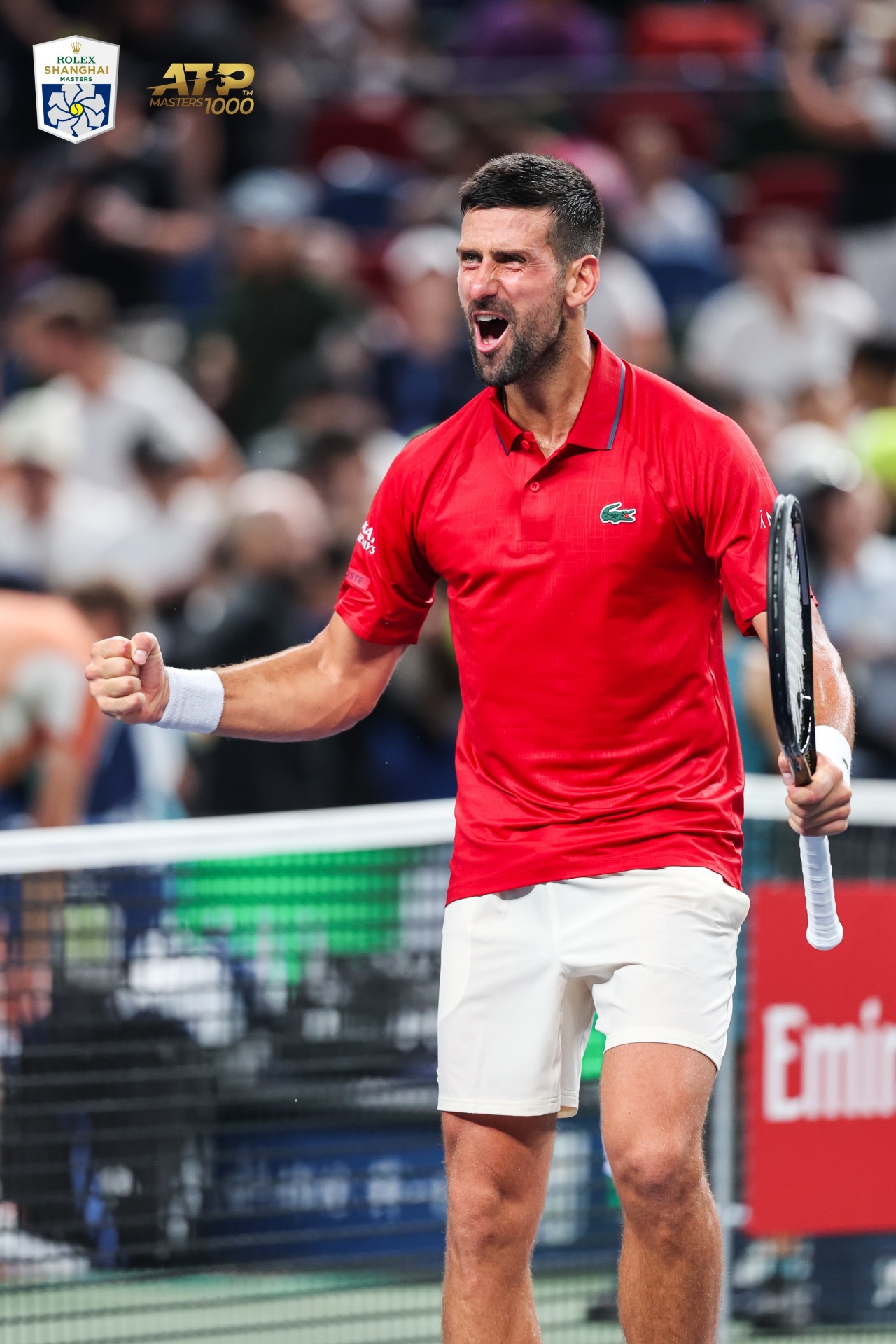
Every word and action of players is closely observed by fans. Even after Lindeknech’s controversial remarks, he still received applause from the Shanghai audience for his performance on court, but this sportsmanship does not imply agreement with his views. Chinese fans have proven through their actions that they can distinguish between athletic performance and personal conduct. Djokovic enjoys “home court treatment” in China precisely because he consistently responds to fans with respect and sincerity. He says “thank you” in Chinese, has his name embroidered in Chinese on his apparel, and has often been reignited by the crowd’s cheers during tough moments.
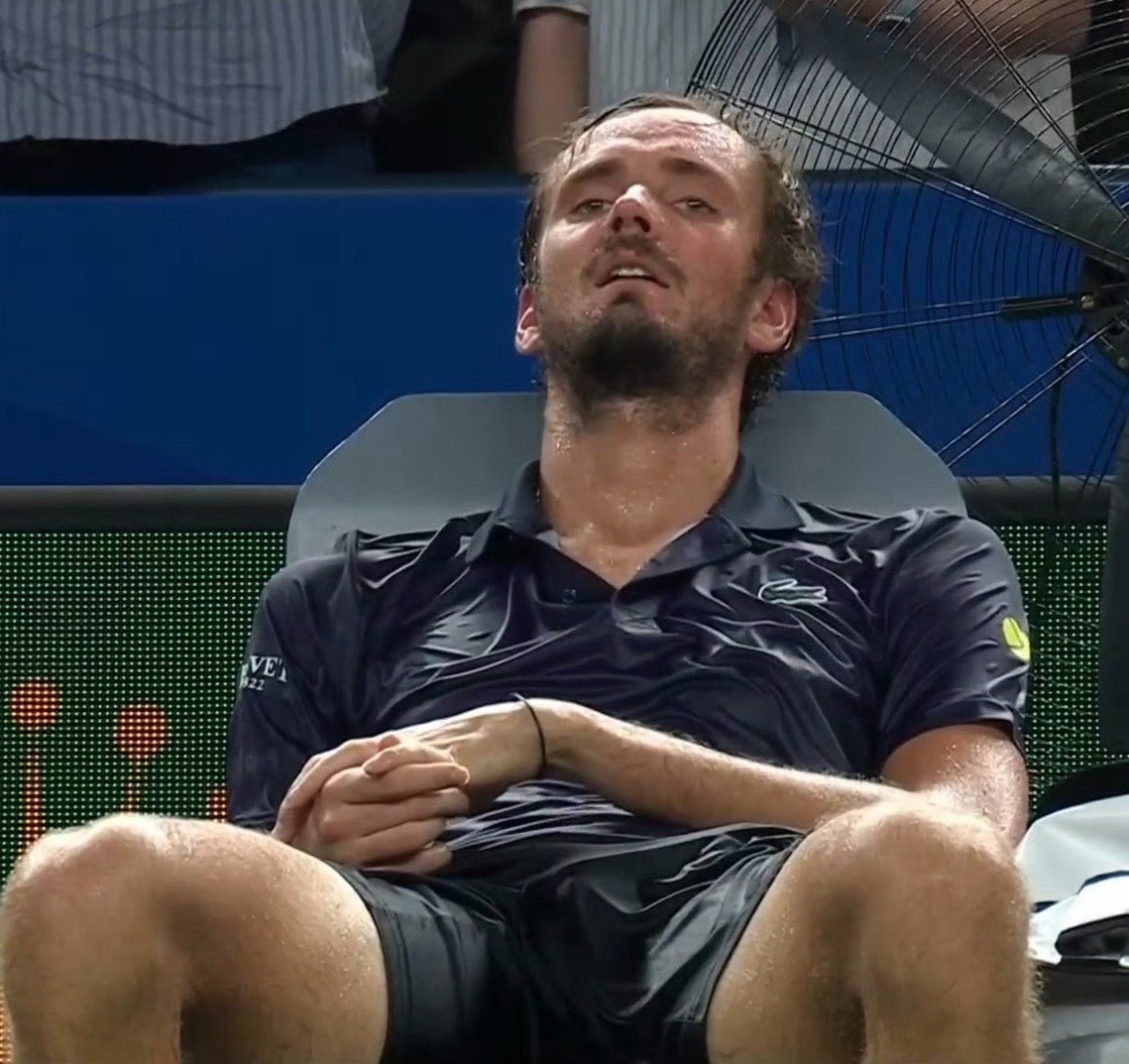
In professional tennis, technical and tactical skills are certainly important measures of a player, but the ability to manage one’s words and behavior is the true dividing line between a star and a “journeyman.” Townsend, during the Billie Jean King Cup in Shenzhen, filmed a video criticizing Chinese cuisine, calling dishes like bullfrog, sea cucumber, and chicken innards “shocking,” and rated them “2 out of 10.” Although she later apologized, the damage was done. Musetti, during a tournament in Beijing, used offensive language to blame some spectators after losing points: “Those damn Chinese keep coughing.” He even mimicked coughing to provoke the audience. Though he also apologized publicly later, these actions left a deep impression on fans.

True top players know how to maintain composure in any environment and see challenges as part of the game. Djokovic’s story with China has long transcended sports; it is about respect, perseverance, and mutual achievement. When he stands on the practice court and looks out at the “red sea” of fans cheering for him, this passion unchanged for seventeen years makes him willing to cross mountains and seas to return time and again to this “second home.”
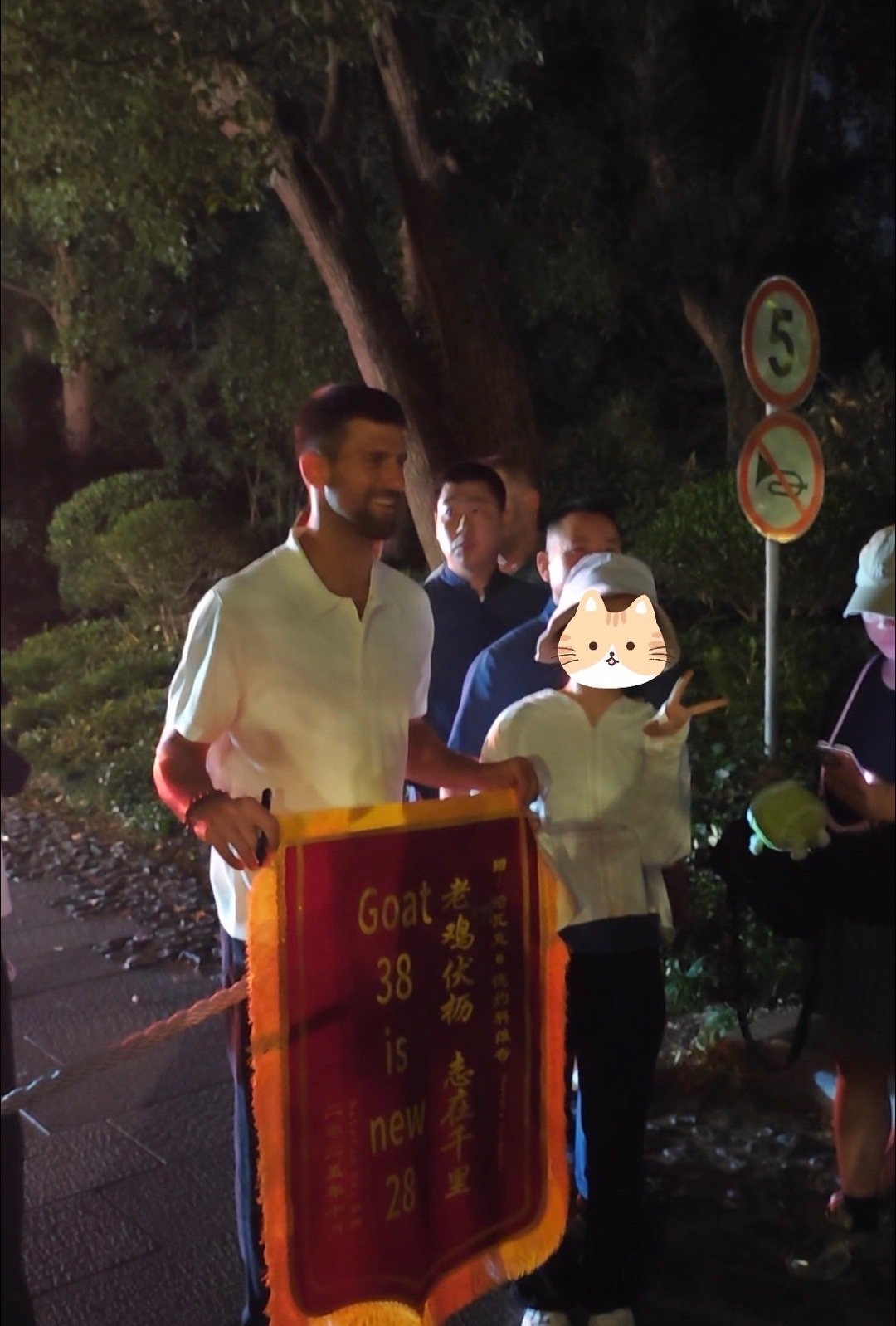
A true champion not only displays superb skills on the court but also wins hearts off the court through respect, tolerance, and professionalism.(Source: Tennis Home, Author: Xiao Di)







 Links
Links
 Contact
Contact
 App
App


